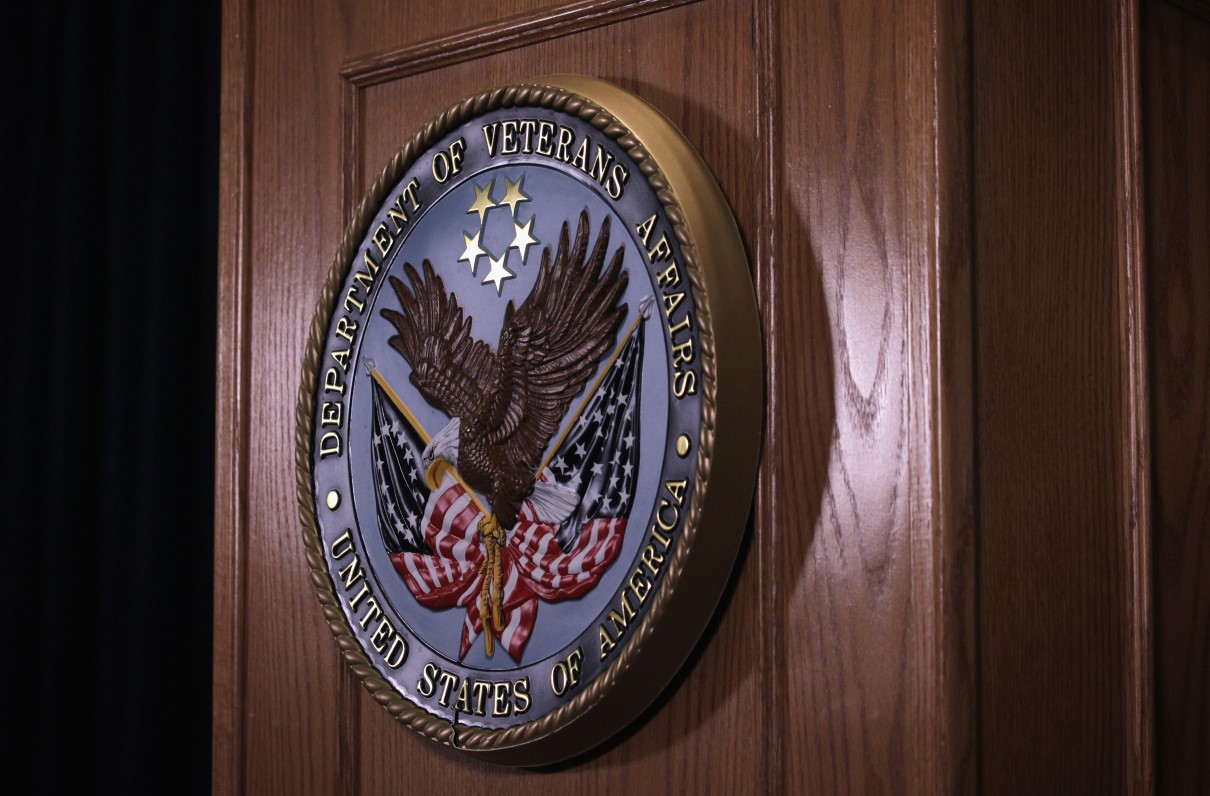After months of coordinated efforts, MOAA was pleased to see the FY 2021 National Defense Authorization Act (NDAA) conference report includes provisions halting congressionally directed military treatment facility (MTF) restructuring and DoD’s plan to cut military medical billets. Both provisions also require DoD to conduct rigorous analysis and mitigation planning before downsizing or restructuring the military medical system.
The William M. (Mac) Thornberry NDAA for FY 2021, H.R. 6395, includes two key provisions addressing military medical downsizing.
Section 717 prohibits DoD from cutting medical billets for 180 days following enactment of the legislation. It also requires DoD to conduct a review of the medical manpower requirements for all national defense strategy scenarios, including with respect to both the homeland defense mission and pandemic influenza.
(DoD is also required to submit a report on TRICARE network adequacy and transition plans for beneficiary care related to medical billet cuts. That report, required by the FY 2020 NDAA, still has not been released to the public.)
Section 718 adds rigorous requirements to DoD’s MTF restructuring implementation plans related to access and quality of care available in the civilian provider network, and requires DoD to certify to the congressional defense committees that beneficiaries affected by MTF restructuring will have access to civilian care through the TRICARE program. This provision also prohibits DoD from moving forward with MTF restructuring for 180 days following submission of implementation plans and certification of civilian care availability.
Winning a Long Fight
MOAA kicked off its campaign by urging House and Senate Armed Services Committee staff and leadership to halt military medical downsizing in light of potential lessons learned from the whole-of-government response to COVID-19. Our Virtual Storming the Hill event, held in May, leveraged our grassroots advocates in our councils and chapters network to reinforce that message via 253 virtual meetings and more than 19,000 letters covering all members of Congress.
[RELATED: MOAA's 2021 Legislative Priorities]
Those efforts gained traction when Reps. Bill Posey (R-Fla.) and Kathy Castor (D-Fla.) circulated a congressional letter urging House Armed Services Committee Chairman Rep. Adam Smith (D-Wash.) and Ranking Member Rep. Mac Thornberry (R-Texas) to ensure the FY 2021 NDAA included language to stop planned cuts to military medical capacity. We greatly appreciate the support from Congressman Posey and Congresswoman Castor, and all those who signed the letter, to help protect the military health care benefit.
We made tangible progress toward our goal when the House Armed Services Committee (HASC) released its mark of the FY 2021 NDAA in July and it included two provisions addressing our concerns.
The Senate Armed Services Committee (SASC) did not follow suit, so MOAA regrouped and kicked off the Summer Storm to generate awareness and support in the Senate for the House provisions. An updated issue paper highlighted Government Accountability Office (GAO) report findings of shortfalls with DoD’s plan for restructuring MTFs. MOAA members once again stepped up to support our efforts, sending thousands of communications to lawmakers requesting support for House provisions.
Although we are gratified to have achieved our goal, our work on military medical downsizing is not done.
MOAA has always supported Congressionally directed reforms aimed at improving medical readiness, even if those reforms require downsizing or closing MTFs that do not effectively support the readiness mission. It is critically important to ensure the last 20 years of combat casualty care advances are sustained and uniformed medical personnel have the right case mix and volume. MOAA supports these changes as long as beneficiaries can still access high quality care from civilian providers in the local community.
That said, MOAA will not support cuts to military medicine that are primarily cost-driven and has been vocal in expressing concerns about DoD’s plan to reduce medical billets. We will continue to raise awareness about the potential negative impacts on readiness, medical provider recruiting and retention, and beneficiary access to care, and urge rigorous analysis and congressional oversight of this process.
MOAA’s advocacy on these issues has reached many members of Congress and raised awareness about beneficiary concerns. We look forward to building on this foundation as we pursue a robust engagement strategy on Military Health System reforms with the 117th Congress.
MOAA Knows Why You Serve
We understand the needs and concerns of military families – and we’re here to help you meet life’s challenges along the way. Join MOAA now and get the support you need.



